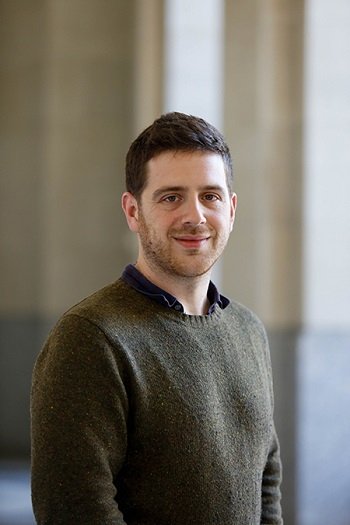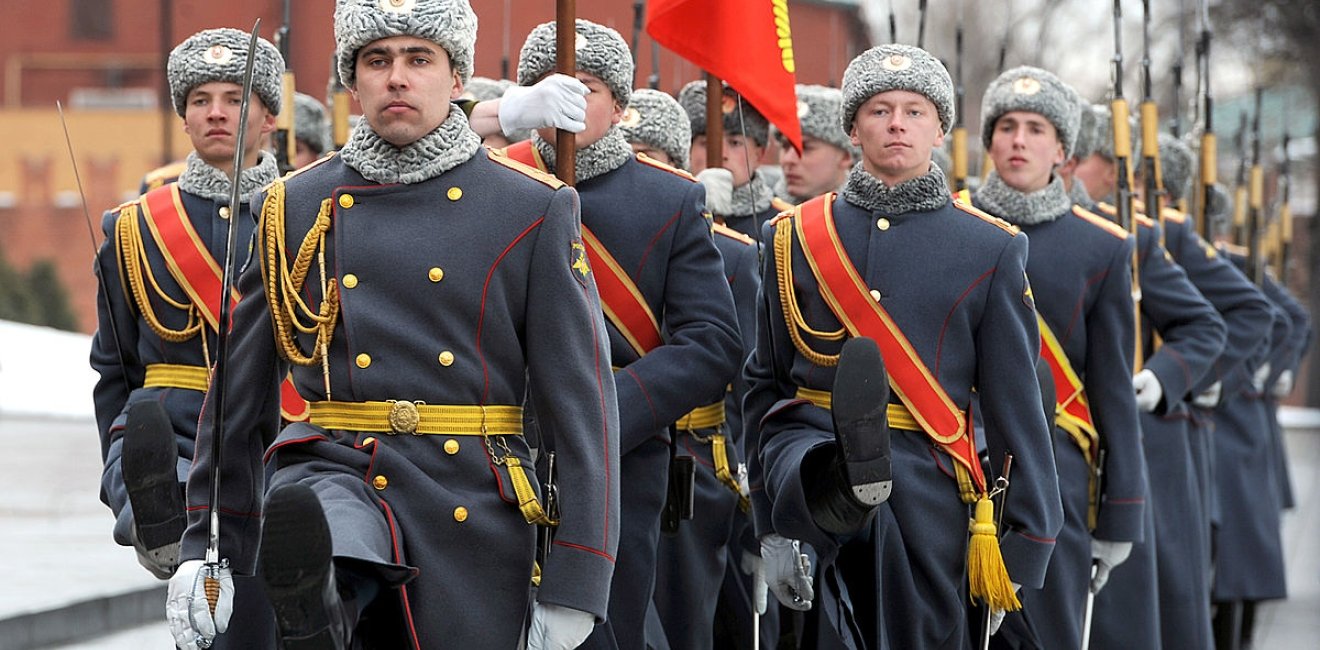
We spoke with former George F. Kennan Fellow Emmanuel Dreyfus about his research at the Wilson Center, which focused on Russia's military reform since 2008. His responses are below.
Q: Describe your background and what brought you to the Wilson Center.
After working for several years on Russia and Eurasia for the private sector and the government, I started a PhD (Paris 2/INALCO) on the 2008 Russian military reform and first moved to DC a year ago as a visiting fellow at George Washington University with Professor Marlène Laruelle. While I was at GW, a friend of mine told me about the Kennan Institute fellowship, so I applied and here I am.
Q: What project are you working on at the Center?
I am here to research Russian military reform in three areas: Special Operations Forces, Russian private military companies, and the Russian military police. What interests me is the extent to which the new Russian military is partly inspired by Western models. My hypothesis is that the Russians emulate Western militaries extensively, such as the U.S., Israeli, French, and British models. I want to figure out how this emulation process takes place.
In the political science field, much work has been done on military emulation when it occurs between allied states. However, much less work has been done on military emulation between non-allied states. For example, I am particularly interested in seeing whether there is an emulation process between Russia and the U.S. regarding the creation of Special Forces. The Russian special operations forces were created in 2013. At that time, the Russian military Chief of Staff Valeriy Gerasimov said that their creation had been inspired by foreign models. The paradox is that the U.S. is seen both as an enemy and as a model. More broadly, I’m interested in the merging of foreign emulation and the persistence of domestic tradition.
Military reforms usually happen after what political scientists refer to as an “external shock.” For example, after the October Revolution, a very in-depth reform of the newborn Red Army took place. In our own era another external shock took place, this time in the form of the war with Georgia in 2008. Prior to this, the Russian military was in a very dire situation as the Chechen wars demonstrated. While Russia won against Georgia, the performance of the military was very poor. This gave credence to the reformers within the Russian military establishment who believed transformation was necessary.
The reform program had three main facets: increasing the military budget, professionalizing the armed forces, and modernizing the military and its equipment. Since then, there has been a consensus on the need to reform, but not on how this should be done. The creation of the special operations forces, for example, was controversial because it led to a significant decline in influence of the GRU.
I am also interested in how Russia is becoming a military model for other countries after its reforms. A good example of this is the way in which it is now providing hard security assistance in Africa – such as in the Central African Republic – which is part of its booming influence on the continent. Moreover, the sale of Russian weapons abroad has been on the rise since its intervention in Syria. This illustrates that Russia has, once again, become a leading nation in the hard security field.
Q: How did you become interested in your current research topic?
During my previous working experiences, I noticed that even though Russian military reform has wide-reaching consequences, it remains relatively understudied both in France and within global academia. Russian military reform is a telling case of what political scientists call “military change.” So far, this has mostlybeen studied through a policy lens rather than with an academic approach. I believe that it will be fruitful to use the tools provided by political science theory to analyze military change in the Russian context.
Q: Why do you believe that your research matters to a wider audience?
Russian military reform is an important topic for a wider audience because Russia has once again become an actor of global reach, which was not the case in the 1990s or 2000s. The importance of hard security, the military, and the armed forces goes without saying in the context of Russia’s new position of strength on the international stage.
Q: What is the most challenging aspect of your research?
On such a topic, access to primary sources might be uneasy. However, I found here in DC, last year at the GWU Gelman Library and more recently at the Wilson Center Library and at the Library of Congress fascinating primary sources in Russian that will give – hopefully- a great added value to my PhD dissertation.<
Q: What do you hope the impact of your research will be?
I’m French, working on Russia, and living in D.C. I do not consider my PhD as just a few hundred pages but rather as a whole process. One of my objectives is to bring together people from different backgrounds and different countries to work toward a more comprehensive understanding of Russian military reform by European and American scholars. I also hope to contribute to fostering a more cross-domain approach by bringing together academics, policymakers, military practitioners, as well as academics from different countries.
The opinions expressed in this article are those solely of the authors and do not reflect the views of the Kennan Institute.
Author

PhD Scholar (Pantheon-Assas University/National Institute for Oriental Languages and Civilizations)

Kennan Institute
After more than 50 years as a vital part of the Wilson Center legacy, the Kennan Institute has become an independent think tank. You can find the current website for the Kennan Institute at kennaninstitute.org. Please look for future announcements about partnership activities between the Wilson Center and the Kennan Institute at Wilson Center Press Room. The Kennan Institute is the premier US center for advanced research on Eurasia and the oldest and largest regional program at the Woodrow Wilson International Center for Scholars. The Kennan Institute is committed to improving American understanding of Russia, Ukraine, Central Asia, the South Caucasus, and the surrounding region through research and exchange. Read more

Explore More
Browse Insights & Analysis
The OSCE is a Good Value for America



